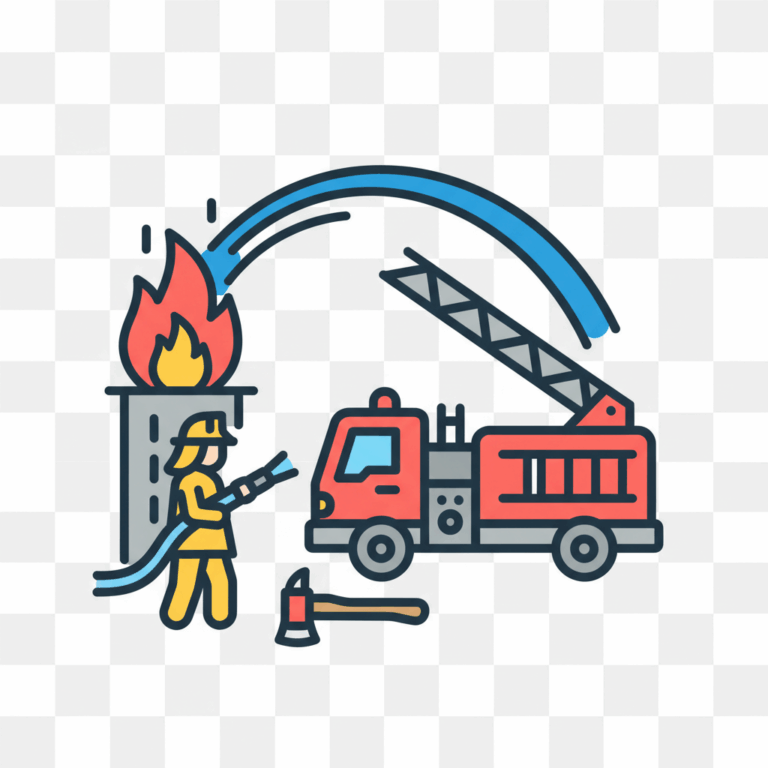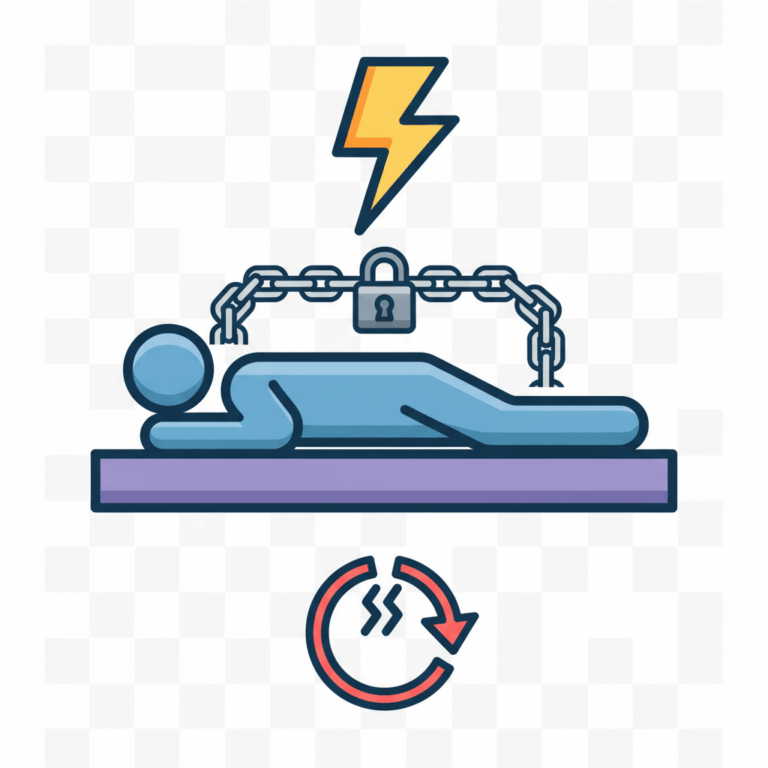I counted up my strategic time last quarter and it was ugly. Less than 15% went to our operating model redesign, the thing that’s supposed to transform how we work. The rest went to vendor fires, site issues, and endless escalation calls. When I mentioned this to my CPO, she laughed and said she hadn’t touched her roadmap in six weeks. As COO, you own the operating rhythm of the business. Time to fix how your leadership team spends their time. Run a half-day workshop with your peers. Call it “Calendar Recovery” or something equally straightforward. Everyone brings their calendar from the last month. In the room, each person categorizes their own time into strategic versus reactive work. No judgment, just math. You go first. Put your terrible ratio on the board and own it. When the COO admits to 85% reactive time, it makes everyone else comfortable sharing their reality. Your CEO might discover they’re at 40% strategic when they thought they were at 70%. Your CFO might realize why that pricing transformation keeps sliding. Together, set realistic targets for each role. You know operations means more reactive time, so maybe you target 50% strategic while your CMO aims for 65%. The key is everyone chooses their own target based on their role and current initiatives. Then the practical part: each executive identifies their three biggest time drains and picks one to fix before next quarter. Maybe it’s that second ops review that never drives decisions. Maybe it’s personally handling escalations that a director could manage. Everyone commits to one specific change and shares it with the group. The workshop ends with calendar blocking. Right there, everyone protects time for strategic work over the next month. Four-hour blocks minimum. Make it sacred. If the leadership team can’t protect twelve hours a month for strategy, you’re just playing executive. Run this workshop quarterly. Each time, share what worked and what didn’t. Did killing that standing meeting free up time, or did it just fill with other fires? Did delegating vendor management work, or did it create more problems? Learn together, adjust together. The beauty of the workshop format is that nobody’s monitoring anyone. You’re solving the problem as a team. Plus, when your CFO sees your calendar chaos firsthand, they stop scheduling those “quick syncs” during your strategy blocks. Between workshops, keep it simple. In your Monday leadership meeting, anyone can flag when they’re going underwater on reactive time and ask for help. No dashboards, no weekly reporting, just peers helping peers protect strategic time. Some specific changes that work: Kill the second review: Most topics don’t need two meetings. Pick one forum, trust it. Batch the small stuff: All sub-$50K approvals on Friday afternoon, 30 minutes, done. Create escape valves: If someone’s over 80% reactive for two weeks, they can skip all non-critical meetings without asking. Your operating model redesign keeps dying because you only touch it between fires. Same with your CPO’s roadmap. Your CEO hasn’t thought past next quarter in months. The workshop breaks this pattern. A quarter from now, you want different problems. Instead of “why didn’t this happen?” you want “how do we scale this?” Instead of fighting today’s fire, you want to be preventing next quarter’s. That only happens when executives have time to think. Start with scheduling the first workshop. Three hours, full leadership team, calendars in hand. The conversation alone will change how your team thinks about time. The Tuesday Test: Can you name what strategic work you’ll do this week? Not what meetings you’ll attend or fires you’ll fight, but what you’ll actually move forward? If not, you’re just responding, not leading. Book the workshop. This quarter’s strategic initiatives are already at risk. Every week you wait is another week of executive time burned on things that won’t matter in six months Calendar Recovery Workshop Calendar Recovery Workshop Q1 2024 Leadership Team – Current State Analysis COO (You) 85% REACTIVE Top Time Drains Vendor escalations (12h/week) Site issue war rooms Double-checking ops reviews What’s Dying Operating model redesign Process automation roadmap CEO 45% STRATEGIC Top Time Drains Customer fire drills Board member 1:1s (reactive) “Quick sync” meetings (8h/week) What’s Dying 2025 vision work Strategic partnerships CPO 90% REACTIVE Top Time Drains Customer escalations Feature request reviews (15h/week) Engineering standups (daily) What’s Dying Q2 product roadmap Innovation sprints CFO 40% STRATEGIC Top Time Drains Budget variance meetings Investor updates (ad-hoc) Approval bottlenecks What’s Dying Pricing transformation FP&A system upgrade CTO 55% STRATEGIC Top Time Drains Vendor negotiations Incident response (on-call) Hiring interviews (10h/week) What’s Dying Tech debt reduction Platform modernization Commitments: One Thing to Fix This Quarter COO Delegate all vendor escalations to VP Ops with clear decision matrix CEO Kill “quick syncs” – move to written updates CPO Create escalation triage process; only P0s come to me CFO Set approval thresholds; delegate under $50K CTO Hiring committee owns interviews; I only do final round Protected Strategic Time – Blocked Together Now COO: Tues 1-5pm – Op Model CEO: Wed mornings – Vision CPO: Thurs 9-1pm – Roadmap CFO: Fri AM – Pricing CTO: Mon PM – Architecture



